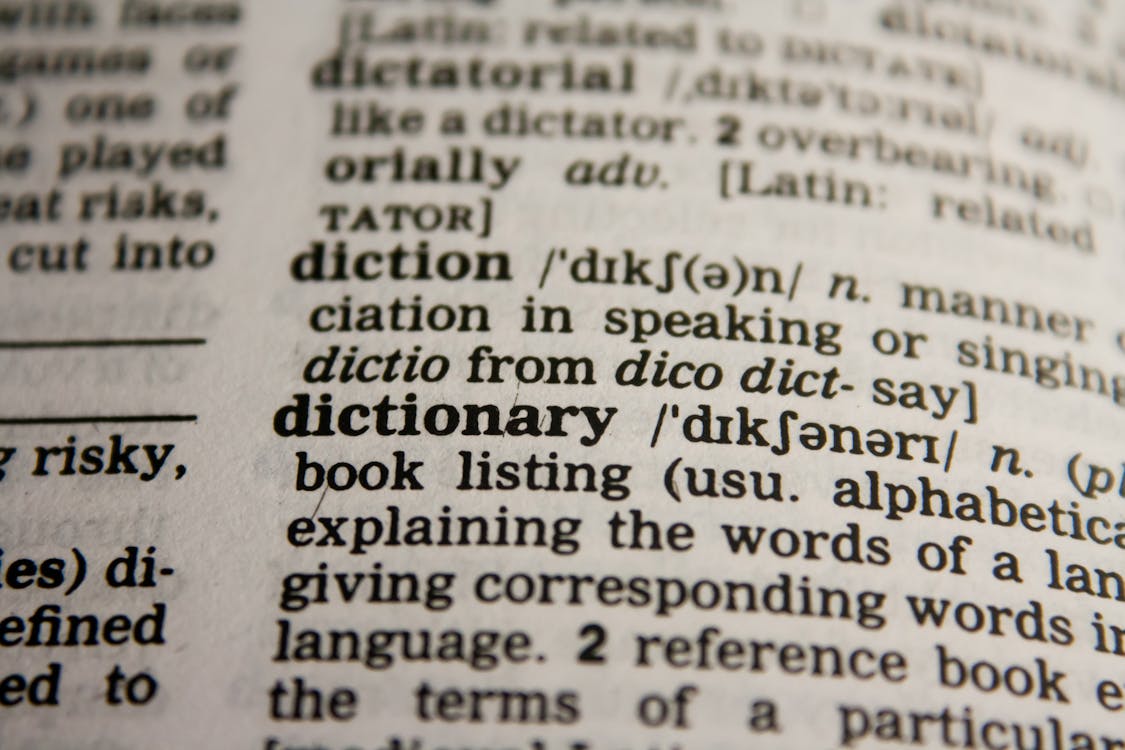
The 10 Most Important Aspects and Qualities
- Why? – One of the most important aspects to consider is why you need an attorney. This factor alone will largely influence the attorneys and lawyers you will have the opportunity to work with on your case. Depending on the type of law your case is in, the pool of available attorneys will rise and fall. Where you are located will also have an impact on viable options. Some attorneys are only licensed in certain areas, or only practice in areas more local to them.
- How long will the case be? – This aspect will influence how long you will be working with the lawyer you choose. Depending on the type of case you have, you could be working with your attorney for over a year. At our office, most cases last 3-6 months, with those special cases lasting over a year or longer. Because of this, you want to choose a lawyer you know you will be able to trust and work with. This person will be handling your legal case, advising you on the best course of action, so you must be able to trust them, their expertise, and their experience.
- How many cases are they already handling? – Though a super relevant quality to consider, it may be relevant to the length of your case. If you are working with a large office that is going through case after case, yours will be balanced equally with every other case. You will want to choose an attorney who can put equal effort and attention to your case even with their other cases.
- The reputation – The reputation of a lawyer is vital to their success. An attorney’s area of expertise and prior experience are important, many states have extra programs and organizations for lawyers to earn extra certifications and further their education. A lawyer’s reputation is critical information when choosing someone to represent you. For long-term counsel on more complex issues, it’s important to find someone close to you location wise, so you can develop a trusted, face-to-face relationship with them.
- The size of the firm – The size of the firm is a surprisingly important factor. The size can determine the access to resources, the relationship of the team, and even the clientele. Bigger firms commonly have access to more resources, however they are always more costly, and it’s harder to build a one-on-one relationship with your attorney as you will be going through the secretariat staff as well. Larger firms also handle larger caseloads as they have more attorneys and staff. Smaller firms may not have the same wide, equal access to resources, however they are usually less pricey. Working with a smaller firm will be more personal as they usually don’t have a large pool of secretariat staff, so you will often work one-on-one with your attorney.
- The resources – The resources an attorney or firm has at hand is important. It can and will affect your case, the time spent on it, and the outcome. Firms with a large number and range of resources are, of course, going to be more successful than those without. Another ‘resource’ to consider is people; when a lawyer or attorney has been working in one field in one area for so long, they start forming connections and relationships with others in their field. So even if a firm is small, they too can have a number of resources.
- The Team – Another surprising factor is the team. How well do you see the employees working together? Do they get along and accomplish tasks together? How often do they even work with one another? These are all questions you may consider asking when choosing an attorney. How well a team works together is indicative of their success. Teams who can work together and accomplish tasks and responsibilities with each other are teams you want to work with!
- The relationship – Do they seem like they have a trusting relationship with one another? A trusting relationship with their clients? These questions will help you choose your attorney, and help you in founding and building your relationship with them. It’s important to trust your attorney, with your records, information, the case in general, but also trust them with your thoughts and worries too.
- Communication – Communication is a very important and very obvious aspect in choosing your attorney. You want to be able to effectively communicate with your attorney! Being able to keep an open line of communication will help build the relationship between you and your attorney. Try to establish proactive communication at the beginning and agree on regular check-in times to discuss updates and ask questions. Though it may not seem important, mutual respect and the knowledge that your representative is of good character can play a crucial role. Throughout the litigation process, you’re going to need somebody you can trust to advise you on course of action, to defend you in court, and stay on top of your case.
- Billing & pricing – Different firms choose to bill their clients in different ways. Some choose hourly, and will bill you per hour they work on your case. This billing is more costly, especially if your case is larger or longer. Retainer Fees are still hourly billing, but you give the attorney a sum of money to cover initial charges. There is no ‘standard’ retainer, as most lawyers choose their own. A flat fee is when the attorney charges their clients upfront. It is pricier at first, but if your case is larger and/or longer, this is usually the best way to go. A contingency fee is when an attorney does not charge the client if they lose, but takes a percentage of any fees awarded if they win the case. If this is the route you end up going down, you and your attorney should work out a percentage number before you start on the case together. A negotiable fee, obviously, is when an attorney is willing to negotiate the amount or type of payment they’re willing to accept. This can save you money when you only need to speak with your lawyer briefly on the phone. At the very least, it helps to review the lawyer’s billing methods and see where they’re able to be flexible.
Our Firm’s Commitment
At our firm, we value our clientele. We value empathy, and think it is important to know our clients. What are their names? What are their stories? We value excellency, by preparing ourselves and our clients to get the best results possible. We value efficiency, and aim to get the best possible results and provide the best possible experience. We value advocacy, and push to achieve the interests of our clients at every stage, and zealously advocate for them. We value initiative, and try to be proactive and strategic in pursuing the goals of our clients. We value timeliness and responsiveness, and understand our clients eagerness for news and updates on their cases. We value honesty, and are committed to being truthful and candid with our clients. We pledge to pursue the best outcome for all of our clients, and hope to do the same for you, give us a call at Roland Hairston & Associates!
DISCLAIMER: The purpose of this article is to provide the general public with general information related to legal issues. None of the information provided within this article is intended to be construed or relied upon by any person(s) as legal advice. Further, reading this article does not create an attorney/client relationship between the reader and the author. If you need legal advice, it is recommended that you speak with an attorney who is licensed to practice law in your jurisdiction and practices the subject matter for which you are seeking legal advice.








